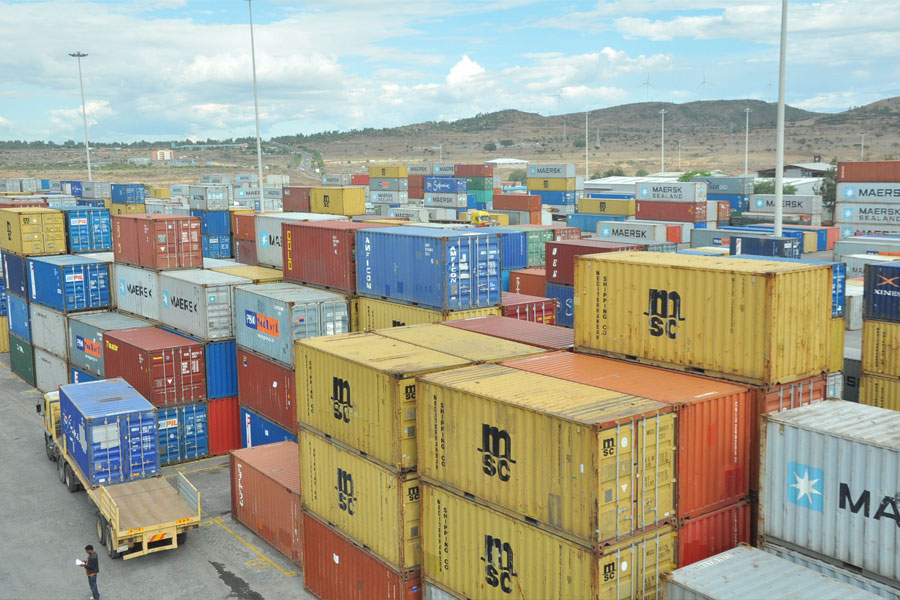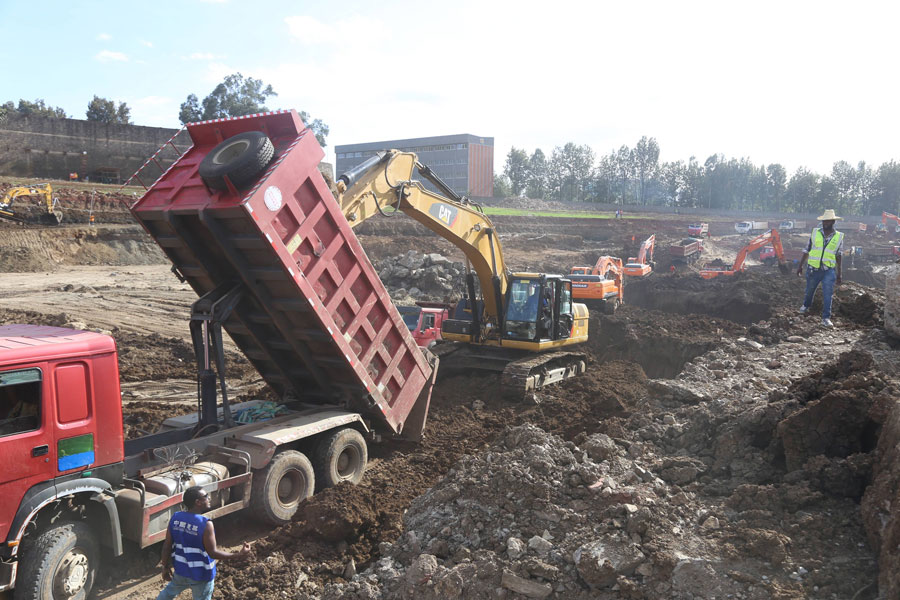
Sep 10 , 2022
By Christian Tesfaye
The Council of Ministers made a very important decision earlier this month to allow foreign investment into the financial sector. The Council approved a policy that lays the foundation for liberalising the finance sector.
Much work needs to be done before any foreign bank sets foot in Ethiopia. Proclamations and regulations need to follow the liberalisation policy. No doubt, the latter is no small thing. It puts to rest years of speculation on whether the financial sector would be opened up and the government’s appetite for it. It guides potential investment and provides certainty.
Still, it is unclear if it would translate into success unless packaged with an array of economic reforms – at the very least, capital account liberalisation. If this is not the case, it is hard to make a good investment case for Ethiopia. The fact that this is not talked about more misses the point that financial sector liberalisation is just one piece of the puzzle in addressing structural imbalances in Ethiopia’s economy.
Too many people assume that international banks worldwide, from Goldman Sachs to HSBC, are salivating for Ethiopia's financial sector, ready to jump in at the first possible opening. Not really. For the prominent international players, which have trillions of dollars under management, this is such a tiny market that it would not register much in their balance books even if they make a profit. It would have to be a very long-term investment.
The more obvious sources of investment are, to name a few, South African banks such as Standard and Absa banks, the Kenyan Equity Bank, and the Nigerian Ecobank. These banks are established in countries all over central, south and east Africa, including the likes of South Sudan. It will not surprise anyone that these foreign bank presences have not transformed anybody’s economy; to no fault of their own.
Under what legal structure banks will be allowed to register in Ethiopia is unknown. It is largely expected to be under joint ventures, with foreign investors limited to non-controlling interests, allegedly to protect the national interest. This means that the capital investment is likely not to be much; probably just a fraction of the fee paid by Safaricom to get a telecom license.
In fact, Ethiopia is going to face the same issues when it liberalises the financial sector as it does in its other industries. It is a bit like getting excited about manufacturing sector liberalisation. It does not mean that investors armed with foreign currency are falling over themselves to enter Ethiopia’s market.
There are several reasons why foreign direct investment (FDI) shies away from Ethiopia. There are challenges with skilled human power, infrastructure, political instability and bureaucratic hurdles. These factors are just as much a worry to financial services companies interested in entering Ethiopia as any other FDI.
Most crucial, though, is capital account liberalisation, which matters to the financial sector more than most others. There is the issue of repatriating profits. Once an investor enters Ethiopia, profits are locked away with banks in Birr. They can use it to reinvest (as many do), but at some point shareholders in other countries want to see their return on investment in cash (not in Birr, which is useless outside of Ethiopia). Foreign banks worry about this too.
More than that, the availability of foreign currency matters as a business segment unto itself. As things stand now, I see foreign banks that set up in Ethiopia offer more foreign currency to their customers than domestic banks, but not much more. As long as foreign exchange rules are not softened, their foreign currency business in Ethiopia will be subsidised by forex generated elsewhere. This is not very attractive to foreign investors.
The government is moving in the right direction but the celebration is too early.
PUBLISHED ON
Sep 10,2022 [ VOL
23 , NO
1167]


Commentaries | Jul 08,2023

Fortune News | Jun 05,2021

Fortune News | Jul 03,2024

Radar | Mar 16,2024

Fortune News | May 27,2023

Featured | Sep 23,2023

Fortune News | Nov 09,2019

Fortune News | Oct 31,2020

Fortune News | Nov 11,2023

Fortune News | Feb 17,2024

My Opinion | 131548 Views | Aug 14,2021

My Opinion | 127903 Views | Aug 21,2021

My Opinion | 125879 Views | Sep 10,2021

My Opinion | 123510 Views | Aug 07,2021

Dec 22 , 2024 . By TIZITA SHEWAFERAW
Charged with transforming colossal state-owned enterprises into modern and competitiv...

Aug 18 , 2024 . By AKSAH ITALO
Although predictable Yonas Zerihun's job in the ride-hailing service is not immune to...

Jul 28 , 2024 . By TIZITA SHEWAFERAW
Unhabitual, perhaps too many, Samuel Gebreyohannes, 38, used to occasionally enjoy a couple of beers at breakfast. However, he recently swit...

Jul 13 , 2024 . By AKSAH ITALO
Investors who rely on tractors, trucks, and field vehicles for commuting, transporting commodities, and f...

Jun 28 , 2025
Meseret Damtie, the assertive auditor general, has never been shy about naming names...

Jun 21 , 2025
A well-worn adage says, “Budget is not destiny, but it is direction.” Examining t...

Jun 14 , 2025
Yet again, the Horn of Africa is bracing for trouble. A region already frayed by wars...

Jun 7 , 2025
Few promises shine brighter in Addis Abeba than the pledge of a roof for every family...

Jun 29 , 2025
Addis Abeba's first rains have coincided with a sweeping rise in private school tuition, prompting the city's education...

Jun 29 , 2025 . By BEZAWIT HULUAGER
Central Bank Governor Mamo Mihretu claimed a bold reconfiguration of monetary policy...

Jun 29 , 2025 . By BEZAWIT HULUAGER
The federal government is betting on a sweeping overhaul of the driver licensing regi...

Jun 29 , 2025 . By NAHOM AYELE
Gadaa Bank has listed 1.2 million shares on the Ethiopian Securities Exchange (ESX),...